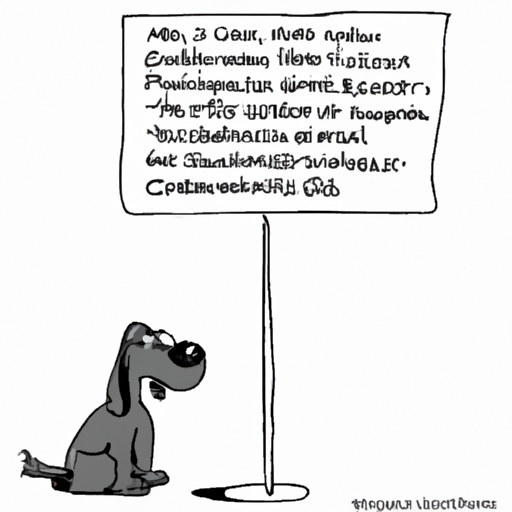As a caregiver, you might share your tasty meals with your furry friend. But do you know not all human foods are safe for dogs? Let’s delve into the details.
1. Chocolate
Innocuous as it might seem, chocolate is a big no-no for our canine companions. Chocolate contains theobromine and caffeine, both of which are toxic to dogs.
Why it’s harmful: Theobromine can cause vomiting, diarrhea, irregular heartbeat, tremors, seizures, or even death in dogs.
What to do: If your dog ingests chocolate, seek immediate veterinary assistance.
2. Grapes and Raisins
While small and seemingly harmless, grapes and raisins can cause kidney failure in dogs.
Why it’s harmful: It’s not entirely clear why grapes and raisins are toxic to dogs, but even small amounts can lead to severe health issues.
What to do: If your dog consumes grapes or raisins, contact your vet right away.
3. Onions and Garlic
Onions and garlic might be staple ingredients in your meals, but they can be deadly to your pooch.
Why it’s harmful: They contain thiosulfate, which dogs can’t digest. Ingestion can lead to hemolytic anemia, causing red blood cells to burst.
What to do: Keep onions and garlic out of your dog’s reach, and if ingested, consult your vet immediately.
4. Xylitol
Xylitol, a common sweetener found in many products, is highly toxic to dogs.
Why it’s harmful: Xylitol can cause a rapid drop in your dog’s blood sugar and can lead to liver failure.
What to do: Avoid products with xylitol and get medical help quickly if your dog ingests it.
5. Alcohol
Even small amounts of alcohol can have adverse effects on dogs.
Why it’s harmful: Alcohol can cause vomiting, diarrhea, decreased coordination, central nervous system depression, difficulty breathing, tremors, and even death.
What to do: Do not give your dog alcohol under any circumstances, and seek immediate veterinary care if they ingest it.
6. Caffeine
Just like chocolate, caffeine is also a big no for dogs.
Why it’s harmful: Caffeine can lead to restlessness, rapid breathing, heart palpitations, muscle tremors, and seizures.
What to do: Keep caffeinated products away from your dog and seek veterinary attention if they ingest caffeine.
7. Avocado
Avocado contains a toxin called persin that can cause stomach upset in dogs.
Why it’s harmful: Persin can cause vomiting, diarrhea, and heart congestion in dogs.
What to do: Don’t let your dog eat avocados. If they do, monitor them for any signs of stomach upset and contact your vet if necessary.
8. Nuts
Nuts, particularly macadamia nuts, can be detrimental to dogs.
Why it’s harmful: They can cause weakness, depression, vomiting, tremors, and hyperthermia.
What to do: Keep nuts out of your dog’s reach, and if ingested, get veterinary help immediately.
Frequently Asked Questions:
1. What should I do if my dog eats something toxic?
Take them to the vet immediately. Try to take a sample of what they ate, it can help your vet determine the best course of treatment.
2. Can a small amount of these foods harm my dog?
Yes, even small amounts can be harmful, and the effects can vary based on your dog’s size, overall health, and the amount they’ve ingested.
3. Can I give my dog any human food?
Yes, but only certain foods are safe. Always research or consult with your vet before feeding your dog human food.
4. What are some dog-safe foods?
Some dog-safe foods include chicken, pumpkin, rice, and certain vegetables. However, these should be fed in moderation and should not replace a balanced dog food diet.
Remember, as a responsible caregiver, it’s crucial to ensure you’re feeding your dog a safe and balanced diet. Keep these harmful foods out of their reach to maintain their health and happiness.



